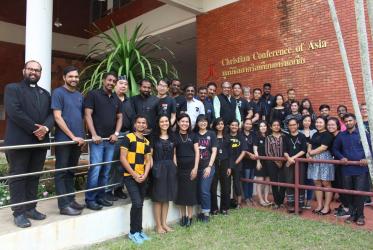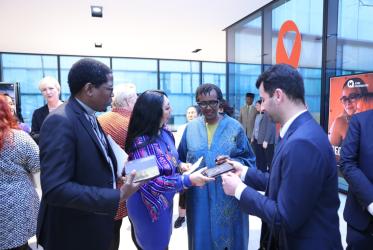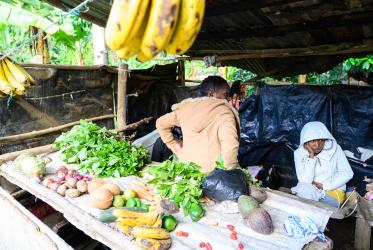Displaying 41 - 60 of 575
UN water summit: how we can make a difference
20 March 2023
Seven Weeks for Water 2023 takes global approach
22 February 2023
HIV and AIDS Civil Society Networks and the Faith Sector
Lessons Learnt from Strategic Engagement in India, Dominican Republic, Indonesia, and Jamaica
31 January 2023
Two-day event in India focuses on water, sanitation, and hygiene
09 January 2023

















